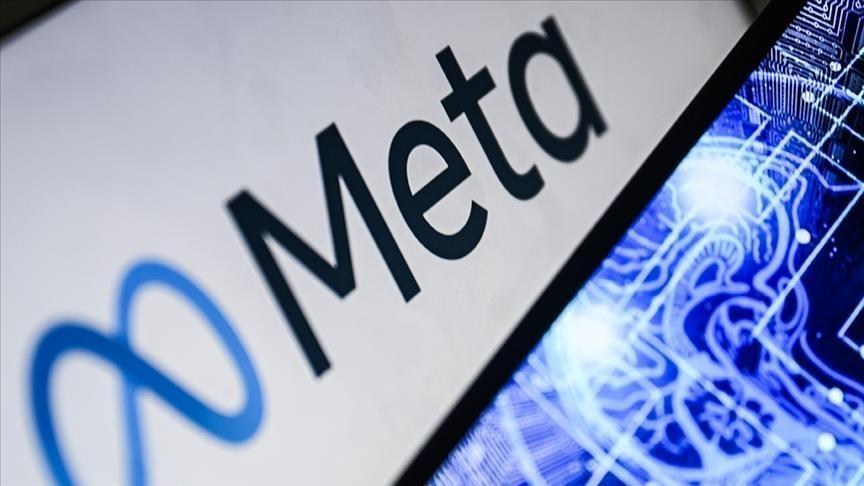Africa-Press – Lesotho. A former global policy director at Meta, Sarah Wynn-Williams, has filed a whistle-blower complaint accusing the company of censoring content and suppressing dissent to gain approval from the Chinese Communist Party and expand Facebook in China, according to The Washington Post.
In 2015, Meta (formerly Facebook) created a censorship system, which included plans for a “chief editor” to manage content and potentially shut down the site during “social unrest.” According to the complaint reviewed by the Post, Meta CEO Mark Zuckerberg also agreed to block the account of a Chinese opposition figure after a Chinese official pressured him to assist the company in entering China.
The complaint claims that Meta misled investors and regulators about its efforts in China, with Wynn-Williams backing the allegations with internal documents. A memo in the complaint reveals that Chinese officials pressured Meta to store user data locally, allowing the Communist Party access to personal information.
Katitza Rodriguez from the Electronic Frontier Foundation emphasized that strict data control in authoritarian countries like China enables “censorship, surveillance, and repression.”
In a post on Threads, Meta’s Chief Global Affairs Officer Joel Kaplan, stated that the company would collaborate with “the Administration to keep the US at the cutting edge of AI and make sure the global AI standard is based on our shared values, not China’s.”
Wynn-Williams, however, claimed that Meta worked closely with the Chinese Communist Party, sharing technology developments and misleading the public. “People deserve to know the truth,” she said.
Meta spokesman Andy Stone responded that the company’s interest in China was well-known and it ultimately abandoned its plans in 2019.
Eager to expand in China, Meta formed a “China team” in 2014 to create a version of its services that complied with local regulations. By 2015, the company was negotiating with Chinese officials, even considering relaxing privacy protections for Hong Kong users in exchange for market access.
In 2017, under pressure from Chinese authorities, Meta restricted the account of Chinese government critic Guo Wengui.
Ultimately, by 2019, Meta abandoned its China ambitions. Now, amid growing tensions between the US and China, Meta is positioning itself to benefit from a potential US TikTok ban, with Zuckerberg noting, “They are one of our main competitors.”
For More News And Analysis About Lesotho Follow Africa-Press






